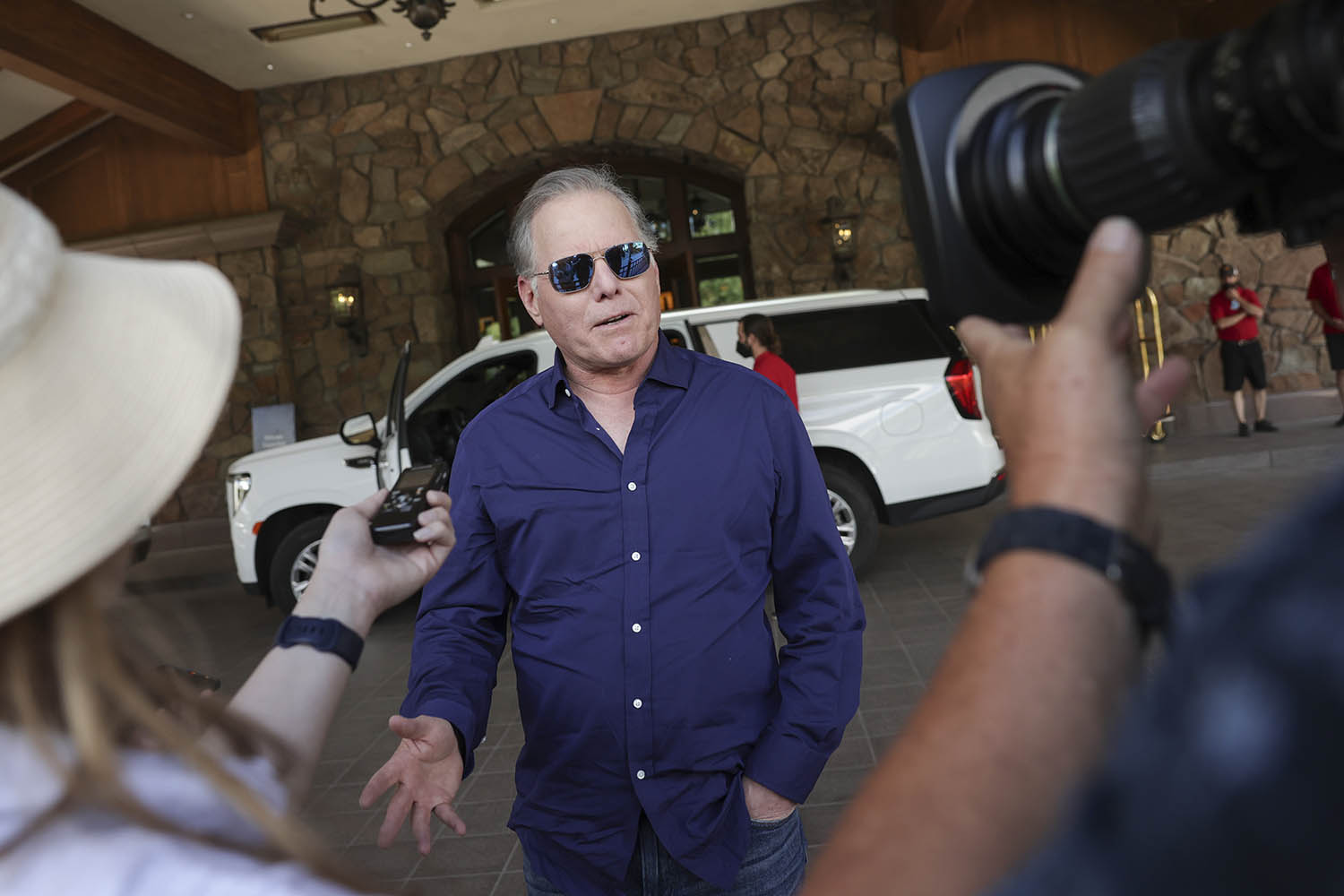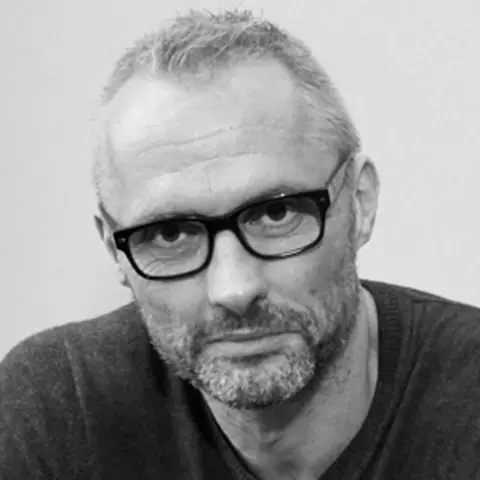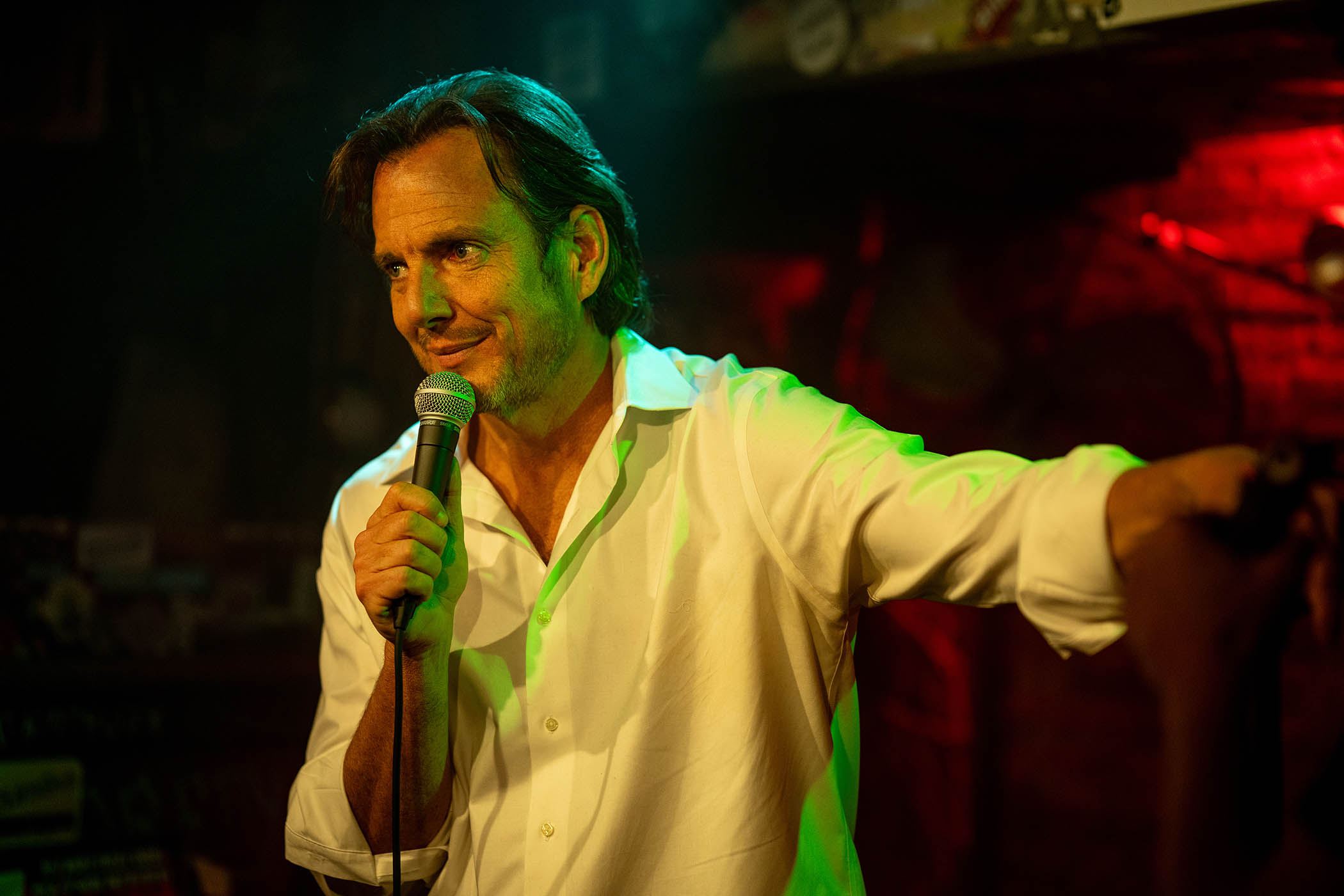Hollywood’s identity crisis continues apace – and US TV is in trouble. The CEO of Warner Bros Discovery, David Zaslav, has announced he is hiving off the company’s sluggish but profitable linear TV and cable business into a separate publicly traded company Global Networks and keeping the glamorous Streaming & Studios operation for himself.
It's part of a trend in the US: Comcast, which owns NBC, spun off its cable networks CNBC, MSNBC, USA and E! last November, and Paramount is expected to do the same, assuming it can sort out the legal challenges it is facing from Donald Trump over CBS’ election coverage. Global Networks will own CNN, TNT Sports and Discovery, with the split prompting fears that an underfunded and underperforming CNN will struggle to survive.
Zaslav, who led the merger with WarnerMedia three years ago as head of Discovery TV Networks, is piling most of Warners’ $37.4bn debt onto Global Networks – assuming the deal is signed off in time for his proposed mid-2026 deadline. The split prompted the debt ratings agencies Fitch, Moody’s and S&P to downgrade Warners’s debt to junk status.
“These linear networks are still profitable and still throw off more cash than streaming, mainly because they now spend almost nothing on programming,” says Tom Harrington, analyst at Enders Analysis.
“But they’re declining and public companies are about improving your metrics, not whether those metrics are fundamentally good in the first place. It's never about actual profitability or actual revenue. It's the increase of revenues that public companies prefer and we're at the tail end of the transition from linear to digital.”
Harrington expects America’s once thriving cable and broadcast network industry to end up owned by a single company in the long term. Disney is holding on to its channels so far but has mooted a selloff in the past.
Zaslav started as a lawyer at NBC when it was owned by General Electric under Jack Welch, who drove a “shareholder value at all costs” policy. After taking the top job at Discovery in 2006, Zaslav doubled down on low-cost reality shows. That boosted ratings, revenue and global expansion as he cut staff by 20%.
After the Warner merger he was scorned in Hollywood for cutting $5bn in costs, laying off thousands of workers, and scrapping movies and TV shows while paying himself $140m over three years.
Related articles:
“Movies are always a risk, but HBO has been profitable, very profitable, for a very long time,” says Harrington. “Streaming is the new cable in America. There will be consolidation there – people don’t need five or six subscriptions – but the value in how video is monetised is moving from one place to another, and so there has to be this restructuring.”
Photograph by Kevin Dietsch/Getty
Newsletters
Choose the newsletters you want to receive
View more
For information about how The Observer protects your data, read our Privacy Policy



